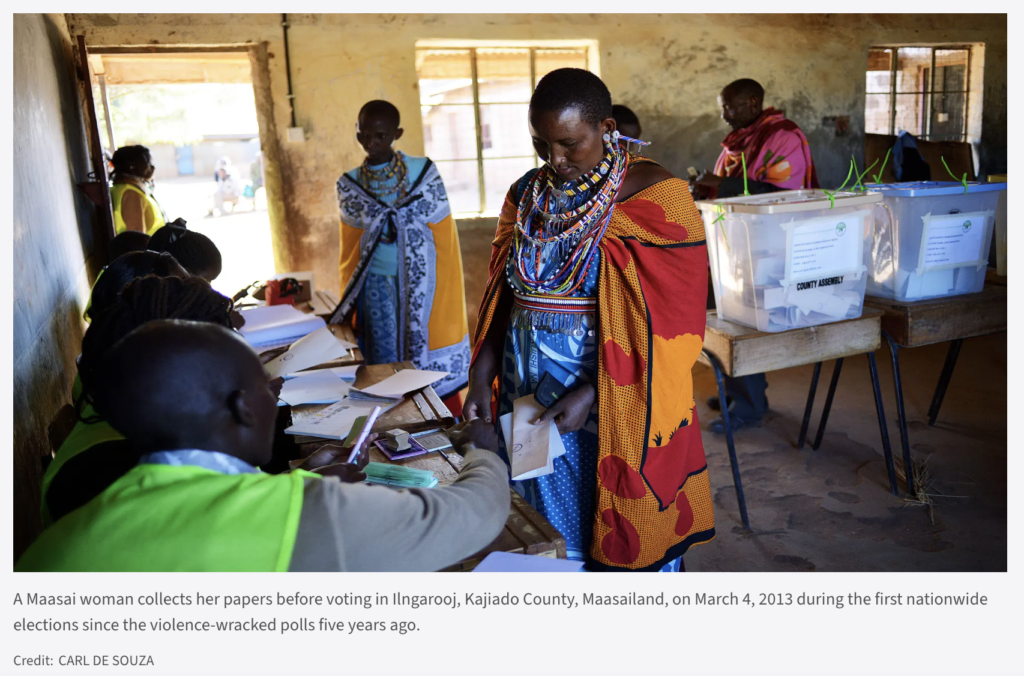
Kenyan gay and lesbian organizations demonstrate outside the Nigerian High Commission in Nairobi on February 7, 2014. Nigerian President Goodluck Jonathan in 2013 had signed a bill into law against gay marriage and civil partnerships. (SIMON MAINA/AFP/Getty Images)
An increasingly supportive church and other signs suggest Kenya may be departing from its neighbors in the region by accepting homosexuality.
NAIROBI, Kenya — For years, homosexuality was as unlawful in Kenya as it was in neighboring Uganda or in Nigeria — countries where anti-gay sentiment is growing.
coach outlets
Kenya’s penal code prescribes up to 14 years in prison for men who commit “acts of gross indecency” with other men or for any person who acts “against the order of nature.” It’s the same maximum sentence that existed in Nigeria, and seven years greater than what was until recently the maximum punishment in Uganda.
Uganda’s parliament passed a law making “aggravated homosexuality” a crime punishable by life imprisonment. The Ugandan president said on Friday that he plans to sign the bill. President Obama on Sunday condemned the move, and warned “such discrimination could harm its relationship with the United States.”
black louis vuitton
In January, Nigeria’s president signed a law that also orders that homosexuals be imprisoned for life and even makes gatherings of homosexuals illegal, including those held by advocacy or rights organizations. The law has already led to numerous arrests.
But in Kenya no such attempt has been made to reduce legal protections for gays, and many Kenyans seem increasingly willing to accept homosexuality as a fact of life, or to move beyond political posturing over the subject altogether.
Read the full story as it appeared at GlobalPost.



